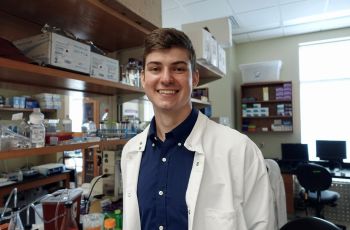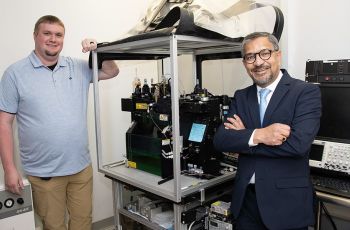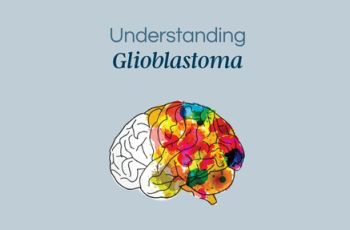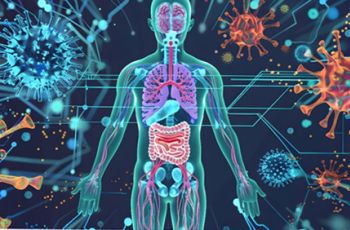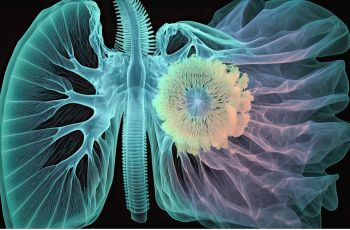Research News
With a six-year F99/K00 award from the National Cancer Institute, Trace Walker investigates how hidden regions of the genome — called transposable elements — could make ovarian tumors more visible to the immune system and open new doors for treatment.
Scientists uncover how the And-1 protein helps repair UVB-induced DNA damage, offering insights into skin cancer prevention.
In the fight against ovarian cancer, one of the biggest challenges is invisibility. The body’s immune system, usually a vigilant defender, often fails to recognize ovarian tumor cells as dangerous. That’s where GW Cancer Center researcher Kevin Nestler, a PhD candidate in the Chiappinelli Lab,…
The GW Cancer Center and the George Washington University School of Medicine and Health Sciences (SMHS)recently received a $600,000 S10 grant from the National Institutes of Health (NIH) to purchase a state-of-the-art BD FACSDiscover™ S8 CellView spectral flow cytometer and live cell sorter. The…
Glioblastoma is the most aggressive primary brain cancer in adults. Even with treatment, just over 6 percent of patients survive five years or more. But there's good news: GW Cancer Center researchers are bringing hope for more precise, less invasive, and more effective treatments.
Immunotherapy is one of the most transformative advancements in cancer care today. Unlike chemotherapy or radiation, which work by directly killing cancer cells, immunotherapy strengthens or modifies the body’s own immune system so that it can detect and destroy cancer cells. It represents a major…
Your immune system is naturally designed to identify and destroy abnormal cells by making antibodies, proteins that bind to the unwanted cells and eliminate them from your system. Cancer, though, is a sneaky disease that can develop mechanisms to evade your immune system. But what if there was a…
Lung cancer is the leading cause of cancer death in the United States according to the American Cancer Society, accounting for about one in five cancer deaths. Each year, more people die of lung cancer than from colon, breast, and prostate cancers combined.
GW Radiation Oncology is pleased to share the 2021 Annual Report, a summary of our efforts to adapt to the COVID-19 pandemic, address health disparities, and improve diversity and inclusion.
George Washington University (GW) has entered a new $3.2 million corporate research agreement with US Patent Innovations, LLC (USPI) to support further development of adaptive cold plasma devices for cancer therapies and explore using these devices to combat the spread of COVID-19.

